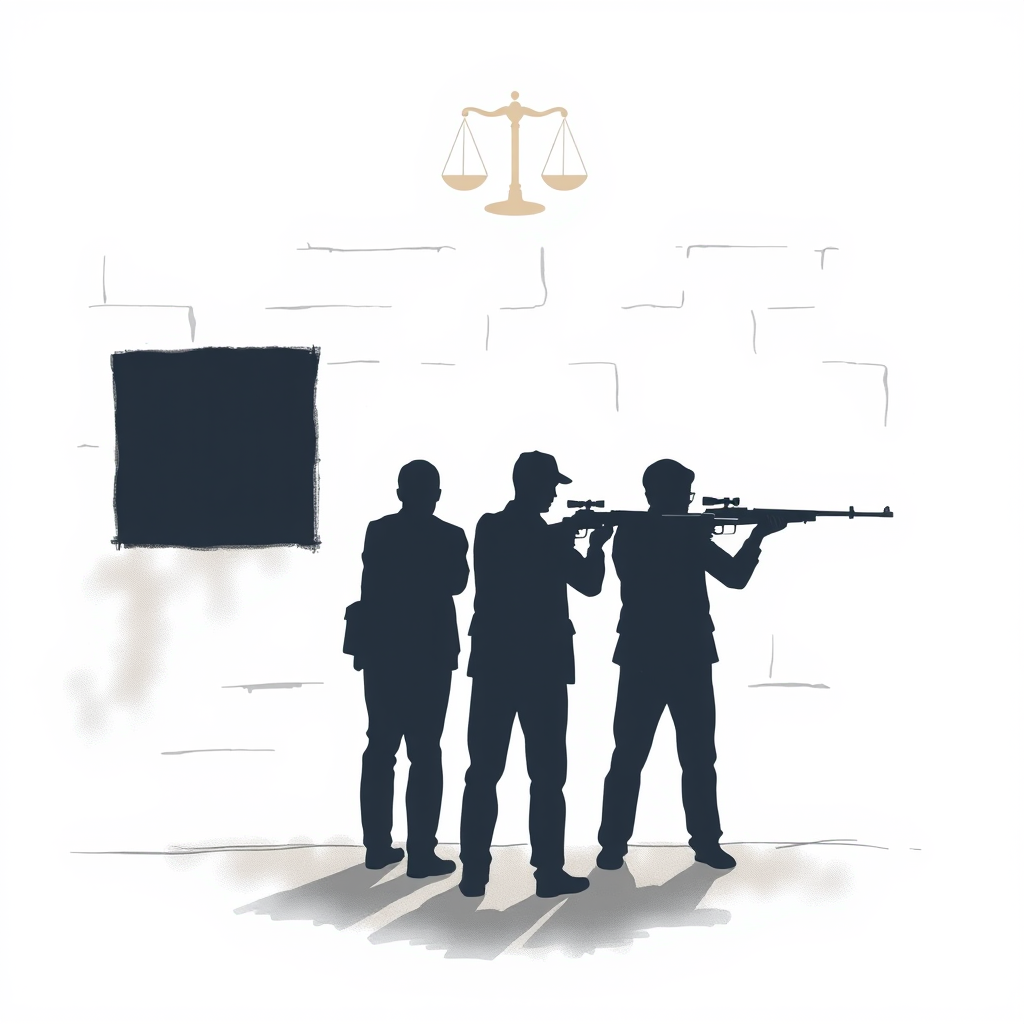Firing Squad Execution: A Disturbing Return?

South Carolina carried out its second execution by firing squad this year on Friday, putting to death Mikal Mahdi for the 2004 murders of an off-duty police officer and a convenience store clerk. The 42-year-old was pronounced dead four minutes after a three-person firing squad opened fire at 6:01 pm local time. This method of execution, rarely used in modern American history, marks a disturbing trend as states grapple with challenges to lethal injection protocols and dwindling supplies of necessary drugs.
Mahdi’s case, while undeniably tragic for the victims and their families, also highlights the systemic failures within the American justice system. His attorneys presented a compelling narrative of a deeply troubled childhood marked by abandonment, an abusive father, and extensive time in solitary confinement – over 8,000 hours between the ages of 14 and 21. While this does not excuse his crimes, it begs the question of whether a life so profoundly shaped by trauma and neglect could have been diverted from a path of violence with adequate intervention and support.
The state offered Mahdi a choice of execution methods – lethal injection, the electric chair, or the firing squad – a grim menu reflecting the ongoing difficulties in securing the drugs needed for injections. The resurgence of the firing squad, and the recent use of nitrogen gas in Alabama, suggest a desperate search for alternatives, raising serious ethical concerns about the evolving standards of capital punishment.
This execution is the 12th in the United States this year, a figure that, while lower than last year’s 25, underscores the continued practice of capital punishment in a nation where 23 states have abolished it. The debate over the death penalty remains fiercely contested, with proponents arguing for its deterrent effect and retribution for heinous crimes, while opponents cite concerns about wrongful convictions, racial disparities, and the inherent inhumanity of state-sanctioned killing.
The case also arrives amidst a politically charged backdrop. Former President Donald Trump openly advocated for expanding the use of capital punishment during his time in office, and recent federal prosecutions, like the one involving the murder of UnitedHealthcare CEO Brian Thompson, signal a continued willingness to pursue the death penalty at the federal level.
Ultimately, Mahdi’s execution serves as a stark reminder of the complex and often troubling intersection of crime, punishment, and the enduring questions surrounding justice and redemption in the United States. It’s a system that demands not only accountability for those who commit terrible acts, but also a critical examination of the societal factors that contribute to cycles of violence and the potential for rehabilitation, even in the most challenging cases.